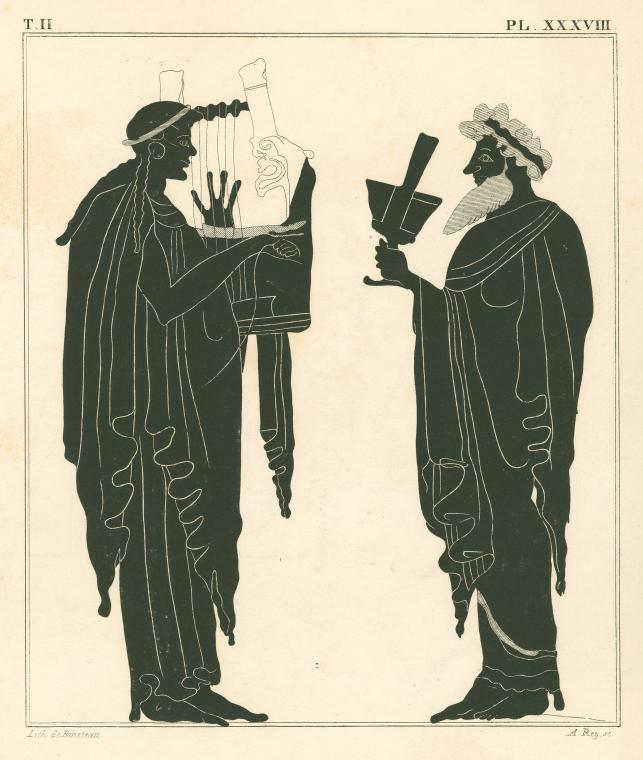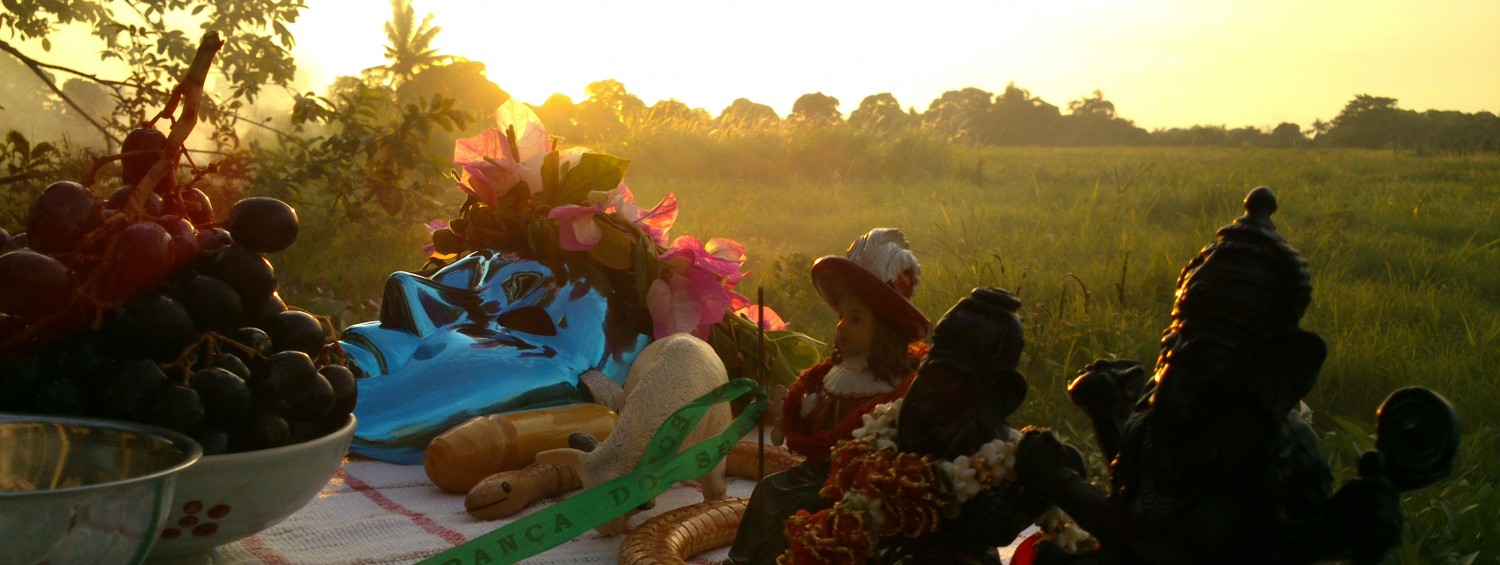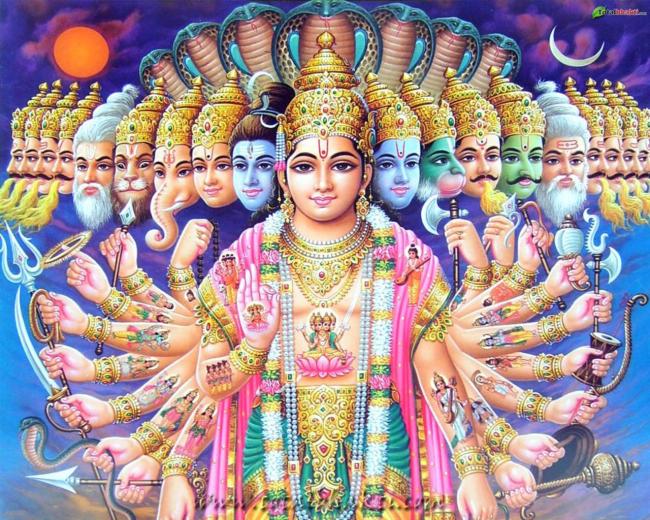I find it quite strange how Apollo is usually described as a young boy, gentle and smiling at the world. But for me, he is far from innocent, far from gentle, and you couldn’t really tell if he was smiling or frowning because if you tried to look, you’d burn your eyes. He is a stern master, more like a father than a child. For me, he is always there, always watching and pushing me towards excellence.
He does not forgive, because he has no reason to. He does not care about your mistakes. You can make as many mistakes as you want and it would not matter to Apollo. What does matter to him is that you are always striving to become better, always reaching for the ideal. You stumble, therefore you must pick yourself up.
Apollo will urge you to cut out everything that you don’t need and focus on the things that you do need. He is a minimalist, and it’s not an easy job to identify and cut out the unnecessary from your life. It hurts, in fact, but it is necessary.
There is no coddling with Apollo. When you are sick, you heal yourself. Apollo’s only reward is the one that you earn for yourself. He gives nothing more, nothing less. In other words, excellence is its own reward.
In my early readings about Dionysus, I was rather confused about how he was depicted a party god. Was partying that important to the Greeks? I did not party in bars at all, and I could not relate to him. But I when I learned more about his other aspects, about trance and madness, I could look back at my life and see how strong his presence is. I did not party but I tranced out on my own. I would focus my attention on a glass of water, so that just a glass of water would be enough to make me happy for that moment. If I did not experience these various flavors of ecstasy, I would likely not be a musician right now.
Those ecstatic moments are alright, but what really convinced me of his presence is his aspect of madness. I sometimes fall into bouts of depression. There are days when I feel extreme emotion I cannot control, destructive thinking and the feeling of my soul being ripped apart. He looks at me with mad eyes and a frothing mouth. Darkness and hopelessness fill me. I once read in high school, if you stare at the abyss, it stares right back at you.
In my moments of extreme despair, he sometimes just laughs and says “Oh, come on, it’s not that bad!” I don’t understand exactly why he does these things to me, but I am sure that I gain new perspectives after each episode. Perhaps it is these intense emotions that fuel the things that I do with force and passion, and impart my pursuits with an inexplicable “umph!”.
For me, the most prominent aspects that these two show to me are the “darker” aspects. Their “good” aspects don’t magnetize me as much as their more “destructive” aspects. So when I see descriptions of Apollo as a happy, childish sun god, or Dionysus as a merrymaking party god, I can only think: Oh, if you only knew what they really do.
— A Mad Light, November 2011
















You must be logged in to post a comment.